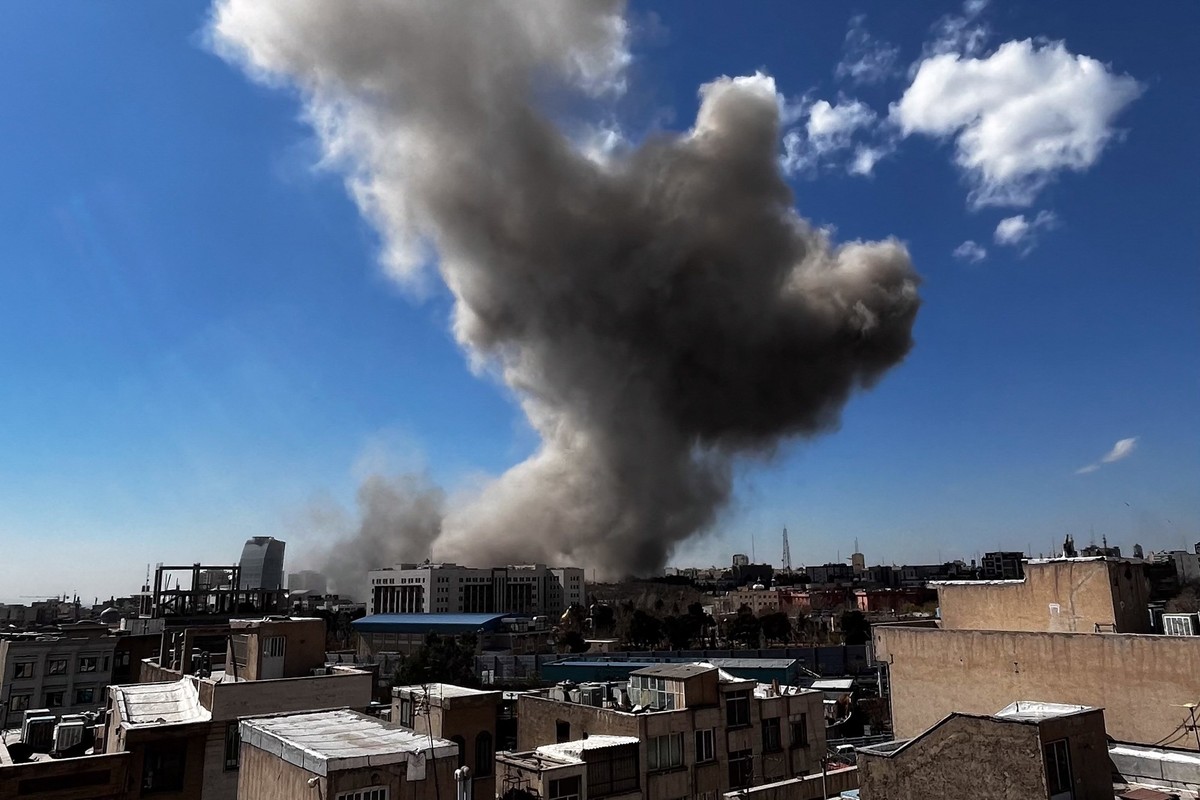Nasser Arrabyee, a journalist based in Sanaa, Yemen, told The Cipher Brief that “al-Qaeda and ISIS are the biggest winners” from the ongoing war in Yemen. Furthermore, Arrabyee explained that Yemeni citizens have begun to view the Houthis as heroes defending against Saudi aggression.
The Cipher Brief: How do Yemeni citizens view the Houthis on the one hand, and the pro-government forcers on the other?
Nasser Arrabyee: The Houthis are viewed as heroes after nine months of fighting with Saudi Arabian soldiers in Najran, Jaizan, and Asir, south of Saudi Arabia, especially since everybody in Yemen knows that these three provinces have been under Saudi occupation for about 100 years now.
Additionally, the Houthis are viewed as heroes because they are fighting al-Qaeda and ISIS not only as enemies of Yemen, but also as enemies of humanity.
Further, the Houthis have come to represent political and national concepts. They are not sectarian or geographical as portrayed by Saudi media, Saudi Wahabi clerics, or by the inspirers and spiritual leaders of al-Qaeda and ISIS.
The government and pro-Hadi forces are not united and are comprised of many groups without leaders. Hadi is hated by everyone and is viewed as a mass killer and a war criminal, similar to Saudi war criminals. He is responsible for 30 thousand civilians who were killed or injured while asleep in their homes, hospitals, schools, or farms. Outraged relatives and friends of the victims despise Hadi.
Al-Qaeda and ISIS are the only powerful groups fighting with clear-cut goals and that are united under their leadership. ISIS is the newest and most attractive group to which frustrated young men flock. Many al-Qaeda members have defected to ISIS. Disputes between al-Qaeda and ISIS leaders now come out in favor of ISIS.
Ex-President Saleh would not return to power, but perhaps his party, which is still very strong, would welcome a return to governance. Saleh is doing his best to help his party keep strong.
TCB: Has al-Qaeda in Yemen gained strength as a result of the conflict?
NA: Al-Qaeda and ISIS are the biggest winners from this war. More specifically, ISIS is replacing al-Qaeda. This past weekend, ISIS assassinated the Governor of Aden, Jafar Mohammed Saad, along with eight of his bodyguards. The attack took place only a few meters from the Palace of Maashik where Saudi-backed President Hadi currently resides and where the headquarters of the 4th military region in Aden is based. One day earlier, ISIS assassinated the chairman of the main Aden Court, Judge Muhsen Alwan, and two intelligence officers.
Al-Qaeda’s top leader, Nasser Al Wahayshi, was killed in June by a U.S. drone in Mukala. All the remaining mid-level al-Qaeda leaders are new and inexperienced. Some of them do not trust the others, especially after splits where different factions accused others of conspiring and being involved in killing Al Wahayshi.
Both al-Qaeda and ISIS have not only gained strength, but have also established emirates where the groups rule autonomously, similar to how al-Qaeda controls Mukala, located in Yemen’s far east. Khaled Batarfi is the ruler there with no one contesting him.
Just last week, there were a number of additional developments on the al-Qaeda front. Al-Qaeda retook the two most important cities of Abyan province in southern Yemen: Zinjubar and Jaar. Both cities had previously been declared Islamic emirates in April 2011 before being restored by the U.S.-backed Yemeni government in 2012. Ziinjubar and Jaar had been technically controlled by al-Qaeda since August, but were not publicly declared as an al-Qaeda emirate until last week. Now the whole province of Abyan is under al-Qaeda’s rule.
After taking control of Abyan, al-Qaeda members drove through the city with loudspeakers to reassure the residents that nothing bad would happen to them, and that they just needed to stay at home and cooperate with the authorities. Al-Qaeda leaders further announced that the rule of Allah was the rule among all people.
Furthermore, hundreds of al-Qaeda fighters, with medium and large-scale weapons, have begun to amass in the province in anticipation of launching an offensive on the neighboring city of Aden, the largest city in south Yemen.
TCB: How do Yemeni citizens generally view the Saudi-led air campaign?
NA: The Saudi-led air campaign is viewed by a majority of people in the north as barbaric aggression. Hatred for the U.S. is increasing day by day, as the U.S. is viewed as the main supporter of Saudi aggression.
Yemenis know that the Saudis would not have dared to attack them with about 200 thousand bombs without the consent of the U.S. administration. (There have been about 100 thousand Saudi airstrikes in Yemen over nine months compared to the 8,000 U.S. and 60 American allies’ airstrikes against ISIS targets over 15 months.) The Yemenis are wondering why the U.S. is supporting the Saudi regime, the exclusive maker of ISIS.
TCB: Where do you see the situation in Yemen headed over the next few months?
NA: Yemen is heading towards the establishment of a modern state but very slowly. If that fails, the grand ISIS that is sweeping the whole world will be established in Yemen instead, and the Saudi Arabian regime, backed by the U.S., UK, and France, should be blamed exclusively for such a disaster.













